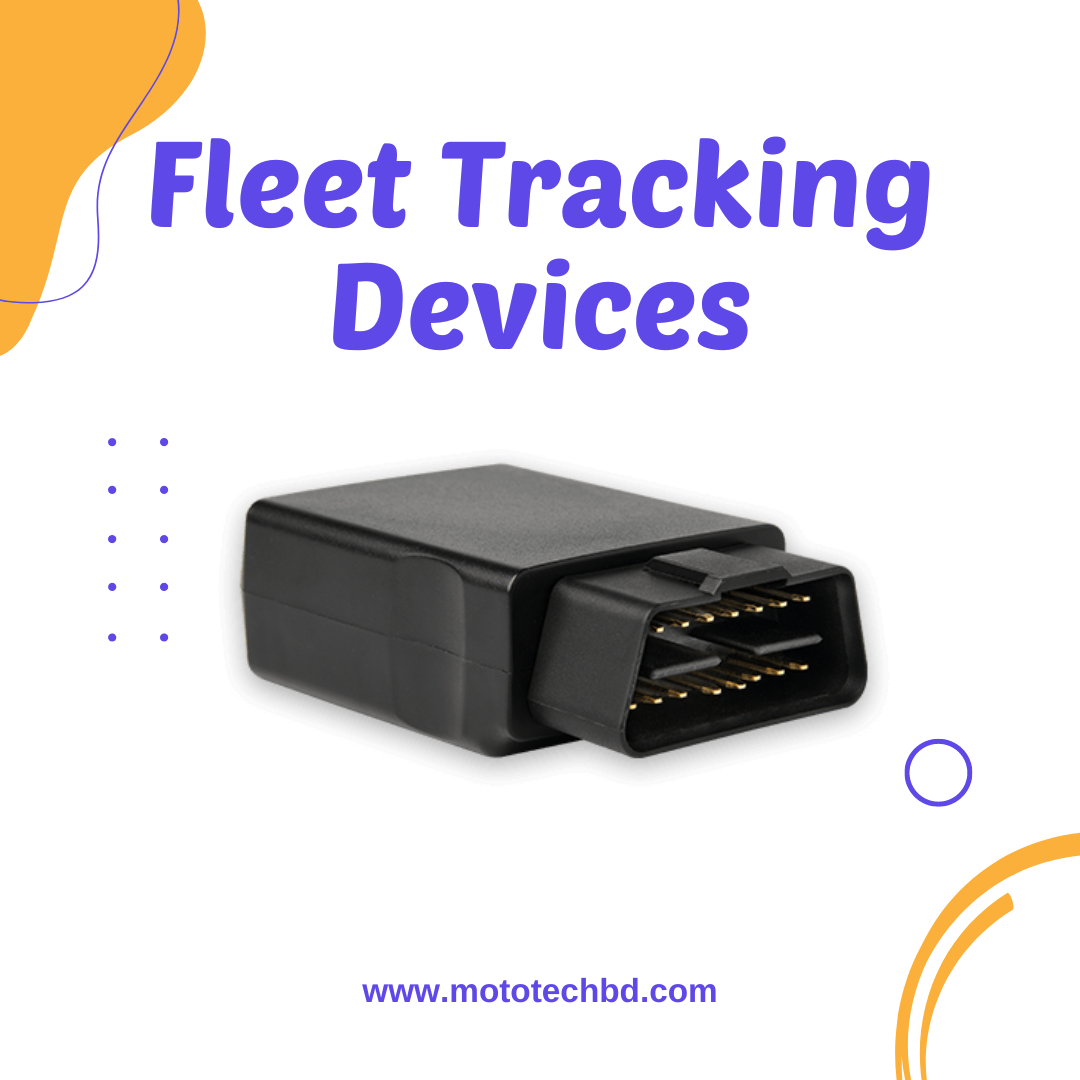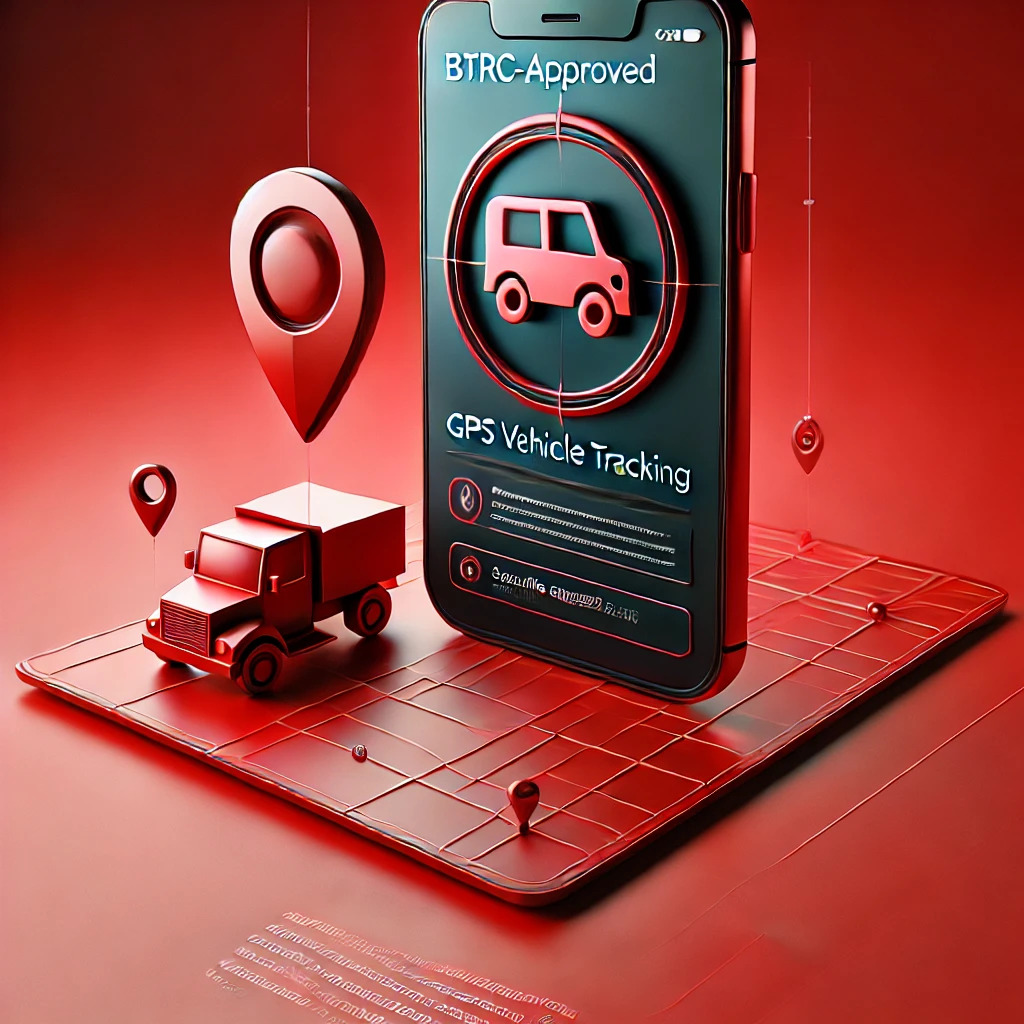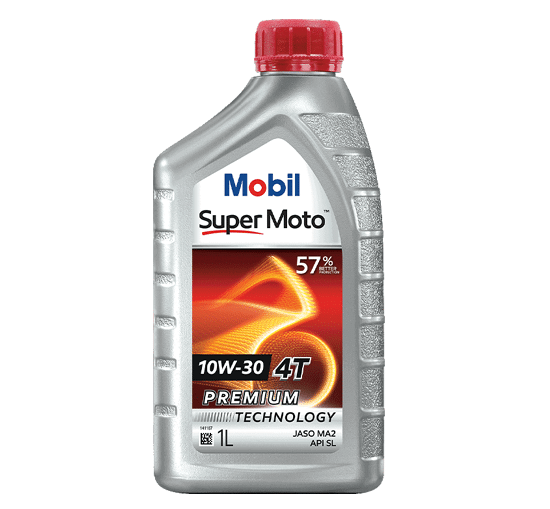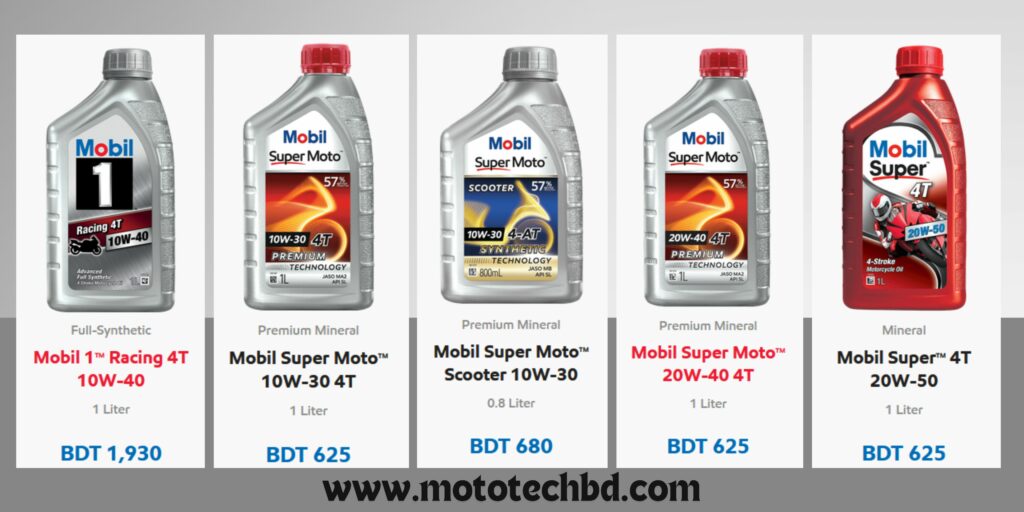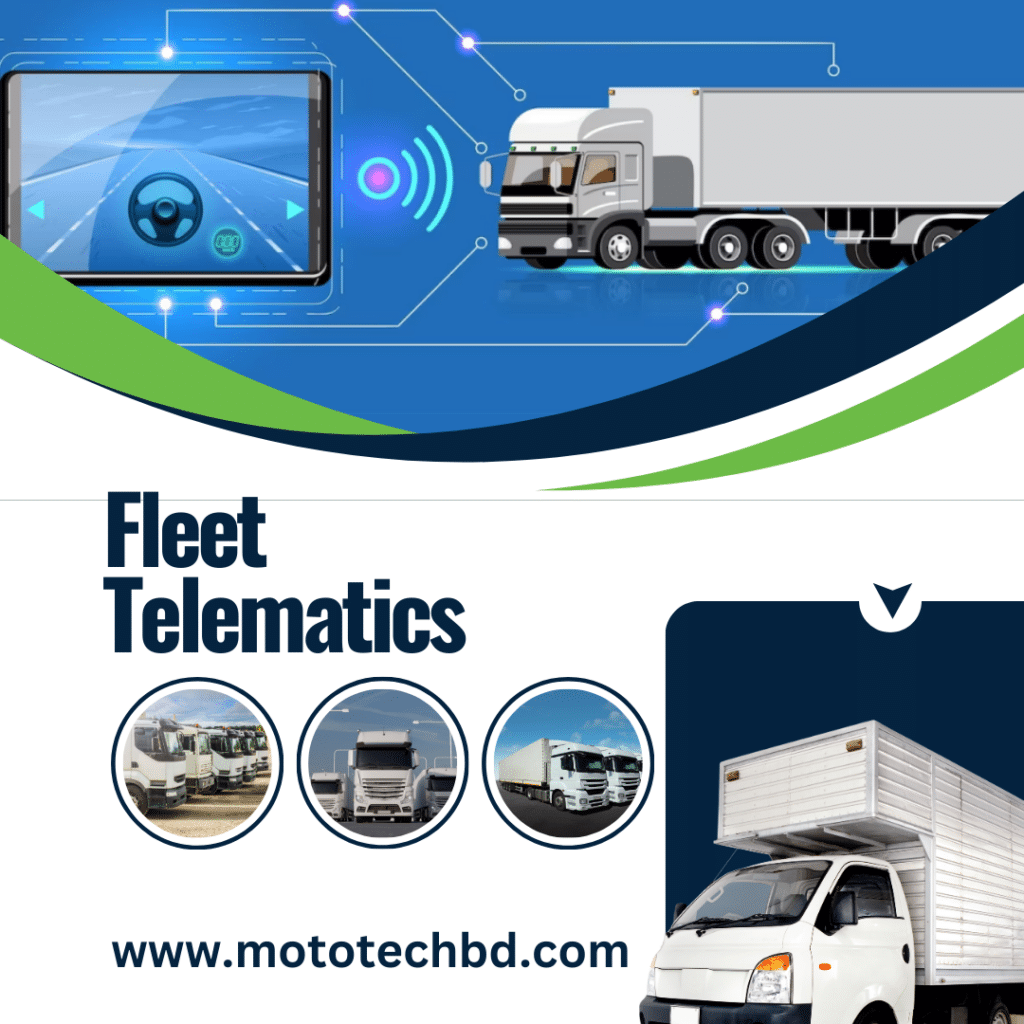Managing a fleet efficiently requires more than just having reliable vehicles. A fleet tracking device is an essential tool that enables businesses to track vehicle locations, monitor driver behavior, and optimize operations in real-time. These devices leverage GPS technology to provide insights that improve decision-making, enhance safety, and cut costs. In this blog, we’ll explore the benefits of fleet tracking devices, how they work, and the top options available on the market.
What is a Fleet Tracking Device?
A fleet tracking device is a GPS-enabled gadget installed in a vehicle that collects real-time data on its location, speed, and other key metrics. This data is transmitted to a cloud-based platform where fleet managers can access reports, monitor the fleet’s performance, and make informed decisions. These devices are designed to provide transparency, allowing businesses to track every vehicle’s movements, ensuring efficiency and security.
Key Features of Fleet Tracking Devices
- Real-Time Location Monitoring
The primary function of a fleet tracking device is to provide real-time updates on the exact location of each vehicle. Managers can track their fleet’s movements from a central dashboard, ensuring vehicles are where they need to be at all times. - Driver Behavior Tracking
Fleet tracking devices monitor driving habits such as speeding, hard braking, and sharp turns. This data helps businesses encourage safer driving practices, leading to fewer accidents and lower insurance costs. - Geofencing and Alerts
With geofencing capabilities, a fleet tracking device can create virtual boundaries for vehicles. If a vehicle enters or exits a designated area, the system sends an instant alert, allowing managers to take immediate action. - Vehicle Health and Maintenance Monitoring
These devices track vehicle diagnostics such as engine health, fuel usage, and battery levels. Businesses receive automatic alerts when maintenance is due, ensuring vehicles stay in optimal condition and minimizing the risk of breakdowns. - Fuel Consumption Analysis
By monitoring routes and driving habits, fleet tracking devices can provide insights into fuel consumption, allowing managers to optimize routes and reduce fuel costs.
Benefits of Fleet Tracking Devices
- Increased Fleet Efficiency
A fleet tracking device allows businesses to optimize their fleet’s operations by providing real-time data on routes and performance. Managers can quickly make adjustments, reducing downtime and ensuring more efficient service. - Cost Reduction
With better route planning, fuel monitoring, and maintenance alerts, businesses can significantly reduce fuel consumption and repair costs. Additionally, tracking driver behavior helps prevent accidents, lowering insurance premiums. - Enhanced Safety
Driver behavior tracking ensures that unsafe driving habits are identified and corrected, reducing the risk of accidents. The geofencing feature also helps prevent unauthorized use of vehicles and assists in theft recovery. - Improved Customer Service
Real-time tracking enables businesses to provide accurate delivery updates and faster service. This improves customer satisfaction and helps build a trustworthy reputation. - Accountability and Transparency
Fleet tracking devices provide detailed records of vehicle locations, routes, and driver activity. This transparency increases accountability among drivers and helps businesses enforce company policies more effectively.
Top Fleet Tracking Devices for Businesses
1. Samsara Fleet Tracking Device
Samsara offers one of the most comprehensive fleet tracking devices on the market. With features like real-time GPS tracking, driver safety monitoring, and fuel consumption reports, it’s a top choice for businesses that want to manage fleets of any size.
- Best For: Transportation and logistics companies needing a scalable solution.
2. Verizon Connect GPS Fleet Tracker
Verizon Connect’s fleet tracking device provides live updates on vehicle locations, driver behavior, and maintenance needs. It’s perfect for businesses seeking advanced tracking capabilities with easy integration into existing systems.
- Best For: Large enterprises and businesses with complex fleet management needs.
3. Geotab GO Device
Geotab’s GO device is a versatile fleet tracking device that supports real-time tracking, geofencing, and driver behavior analysis. It’s designed for businesses of all sizes and offers deep data insights through custom reports.
- Best For: Businesses that want data-driven insights for optimizing fleet performance.
4. Trackimo GPS Fleet Tracker
Trackimo offers affordable and efficient GPS tracking devices for fleets. Their devices feature real-time location tracking, geofencing, and maintenance alerts, making them ideal for small to medium-sized businesses.
- Best For: Small businesses looking for budget-friendly tracking solutions.
5. Fleet Complete Fleet Tracker
Fleet Complete offers GPS tracking devices that provide detailed insights into vehicle locations, driver behavior, and fuel usage. The devices are easy to install and offer integration with mobile devices for fleet management on the go.
- Best For: Businesses requiring mobile-friendly fleet management.
How Fleet Tracking Devices Work
A fleet tracking device is installed in each vehicle in the fleet. Once activated, the device begins collecting data on the vehicle’s location, speed, and engine diagnostics. This information is sent via satellite to a central system where fleet managers can monitor the data in real time. Most systems also store historical data, allowing managers to review past routes, generate reports, and identify areas for improvement.
How to Choose the Right Fleet Tracking Device
When selecting a fleet tracking device, consider these factors:
- Compatibility with Your Fleet Size: Make sure the device and software are suitable for the number of vehicles in your fleet, whether it’s a small, medium, or large-scale operation.
- Real-Time Tracking Features: Look for devices that offer real-time location tracking, allowing you to monitor vehicle movements instantly.
- Ease of Installation and Use: Opt for a device that’s easy to install and integrates seamlessly with your existing fleet management software.
- Reporting and Analytics: Ensure the device provides detailed reports on driver behavior, vehicle performance, and fuel usage.
- Cost and Subscription Fees: Compare device costs, including hardware, software, and subscription fees, to find a solution that fits your budget.
A fleet tracking device is a game-changer for businesses that rely on vehicles to operate. It improves fleet efficiency, reduces costs, enhances driver safety, and offers real-time insights that can help managers make better decisions. By investing in the right fleet tracking technology, businesses can gain a competitive edge and ensure their operations run smoothly.

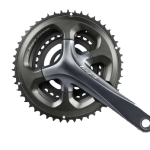
 YAMAHA
YAMAHA SUZUKI
SUZUKI HONDA
HONDA


